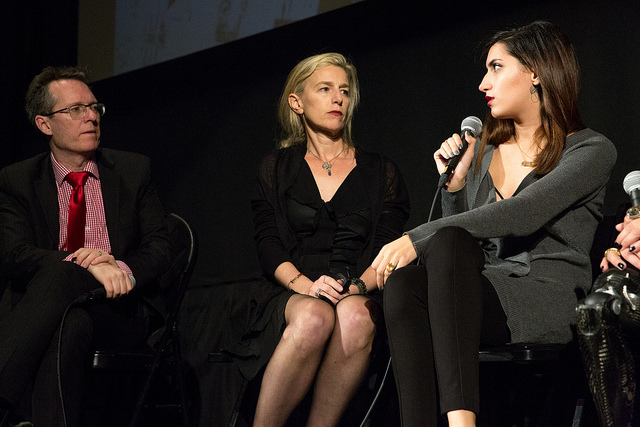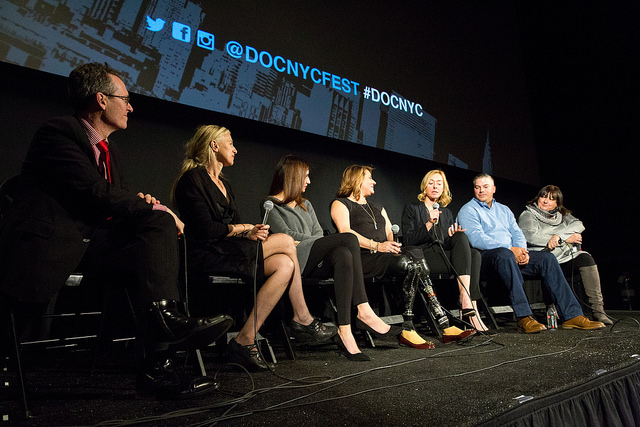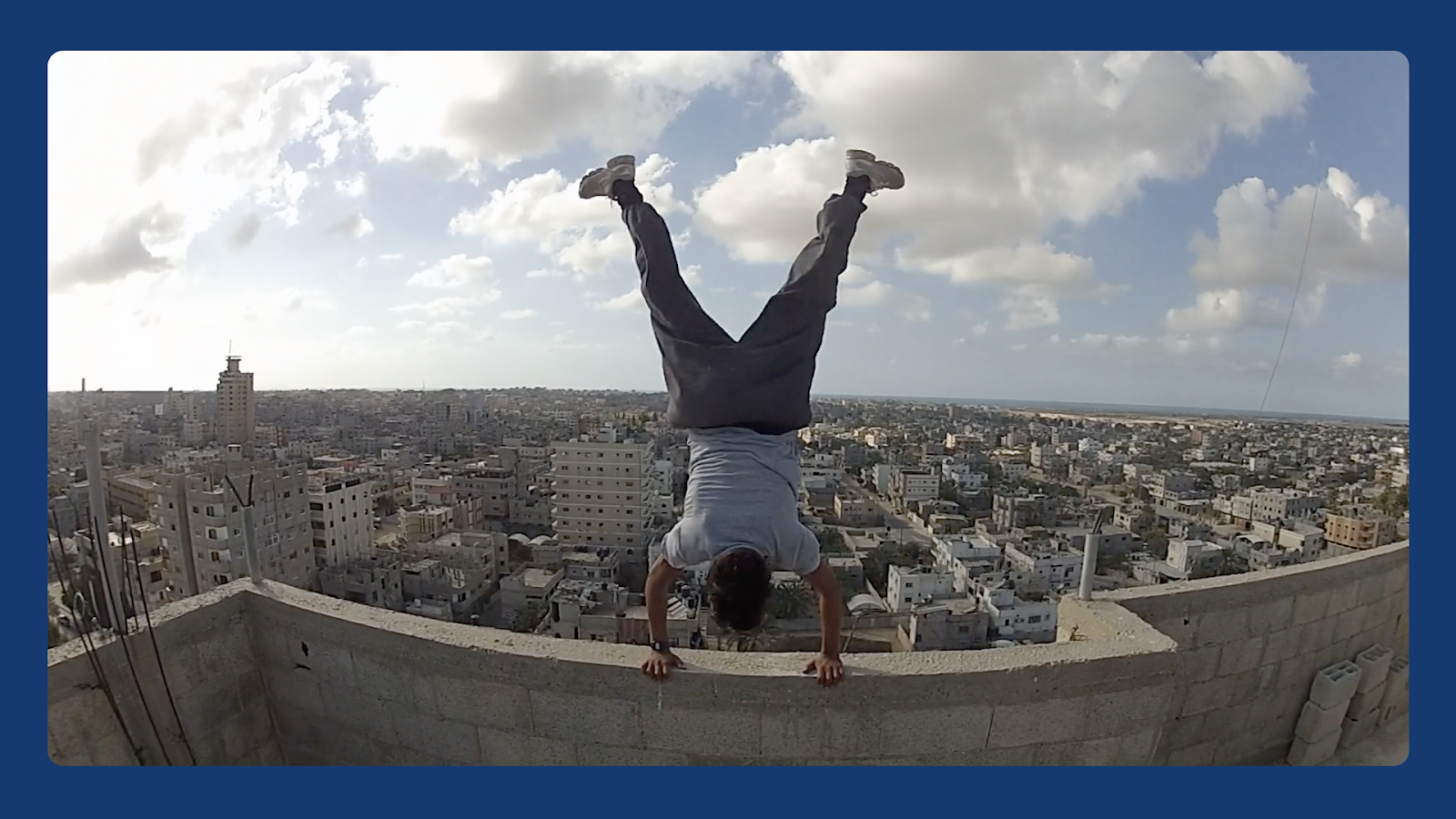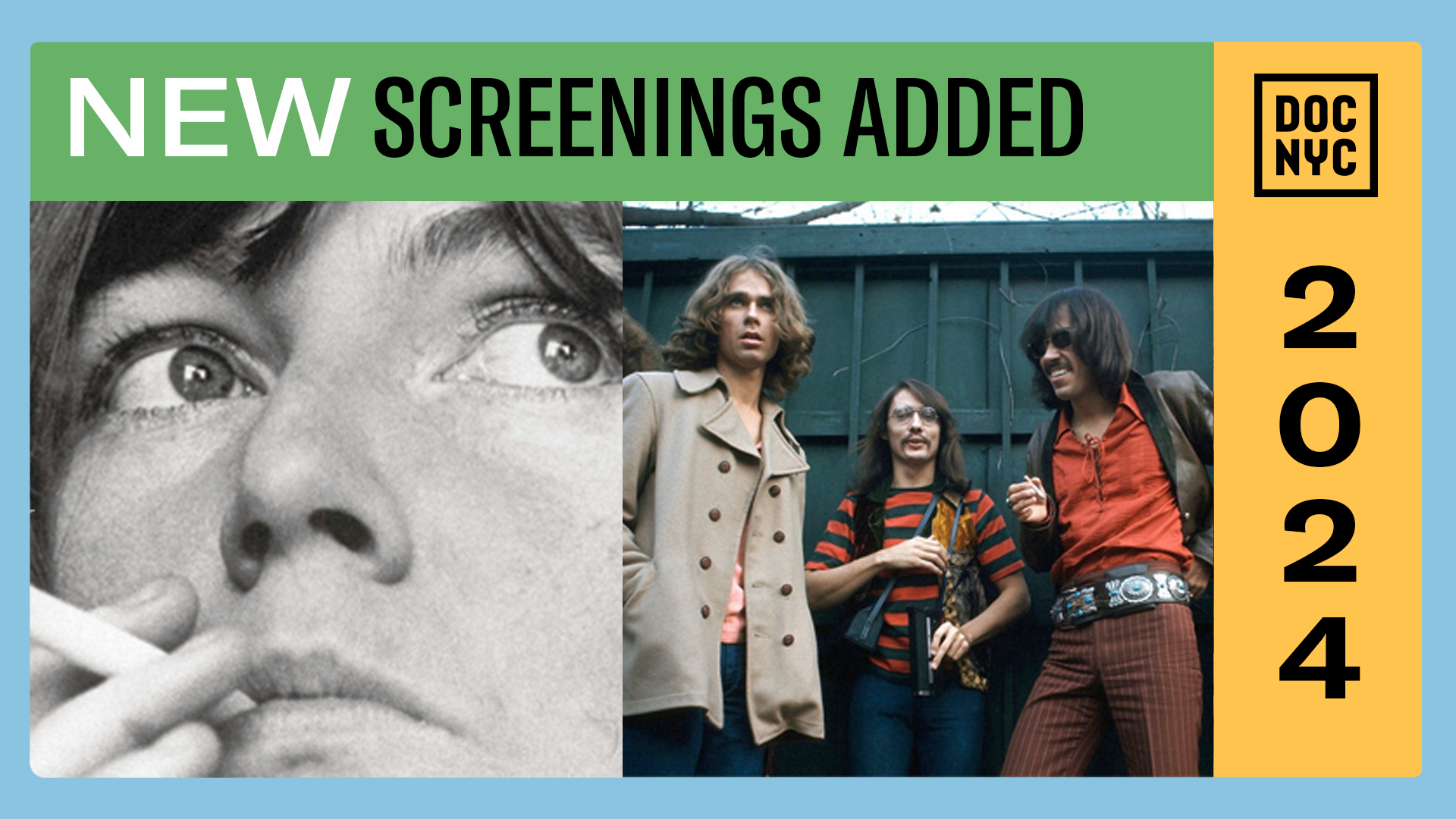Fortitude at the Finish Line Stories of courage and strength during and after the 2013 Boston Marathon bombing


Written by Megan Scanlon
Life can change in an instant. At any given moment, our worlds can implode. How do we move forward, how can we heal? How do we respond to tragedy, and how does the world respond? Marathon: The Patriots Day Bombing investigates these questions as directors Ricki Stern and Annie Sundberg follow survivors of the April 2013 Boston Marathon bombing. The film ties the stories together with dignified cohesion, underlying the resilience and spirit of the city of Boston. Marathon: The Patriots Day Bombing shows us that being bulletproof doesn’t mean we won’t feel – it means absorbing the blow, and finding ways to get back up.
There’s something incredible and awe-inspiring about running, particularly in a marathon. The commitment, endurance, and grit it takes speaks volume about the human spirit. In the Boston Marathon, among others, such a personal journey is met with thousands of supporters, most of them strangers. As one film subject said, “the crowd will literally get you across the finish line, and that’s the heart of the Boston Marathon.”
On Marathon Day 2013, Dzhokhar and Tamerlan Tsarnaev set off explosions that killed three people and injured hundreds. The film lets the camera roll as the explosion rocks the streets. To see the unfolding of this trauma does not sensationalize the tragedy – it allows the audience to be there, and to connect to the shock and terror of that day, suggesting that we must not avert our eyes. Of those injured, vision and hearing were lost, and in sickening, dizzying speed, people with fully functioning legs found themselves as amputees. Newlywed couple Patrick Downes and Jessica Kensky each lost a leg. Downes watched his wife as “blood pumped out of her legs with every heartbeat.”
Marathon: The Patriots Day Bombing delves into terrorism, FBI investigations, the death penalty, and public opinion. The lifeblood of the film travels in two veins; the first is the vulnerability and bravery of the survivors. Upon receiving support and encouragement from the city, Downes said, “it is incredibly humbling to be the receiver of all this good will.” The second vein is the swift and expansive recovery efforts from citizens who stepped up, including a single ambulance that transported 90 people to the hospital in a half an hour for treatment. Theirs is a model for intelligent cooperation fueled by compassion. The way the city came together as a community demonstrated the powerful capacity for resilience and spirit that is the DNA of human experience.
Present to introduce the film, Sheila Nevins, President of HBO Documentary Films, said, “I’m in love with this documentary. I think it’s everything a documentary should be. It makes you love this country and we need to love this country right now.”
Megan Scanlon is the North American Representative at the American University of Beirut, and teaches at Yoga to the People. She has written for the Journal of Community Engagement and Scholarship and writes for the DOC NYC and Stranger Than Fiction blogs. Megan is a volunteer at the Bronx Documentary Center where she contributes to documentary programming. Follow her on instagram and twitter @meganscanlon5


